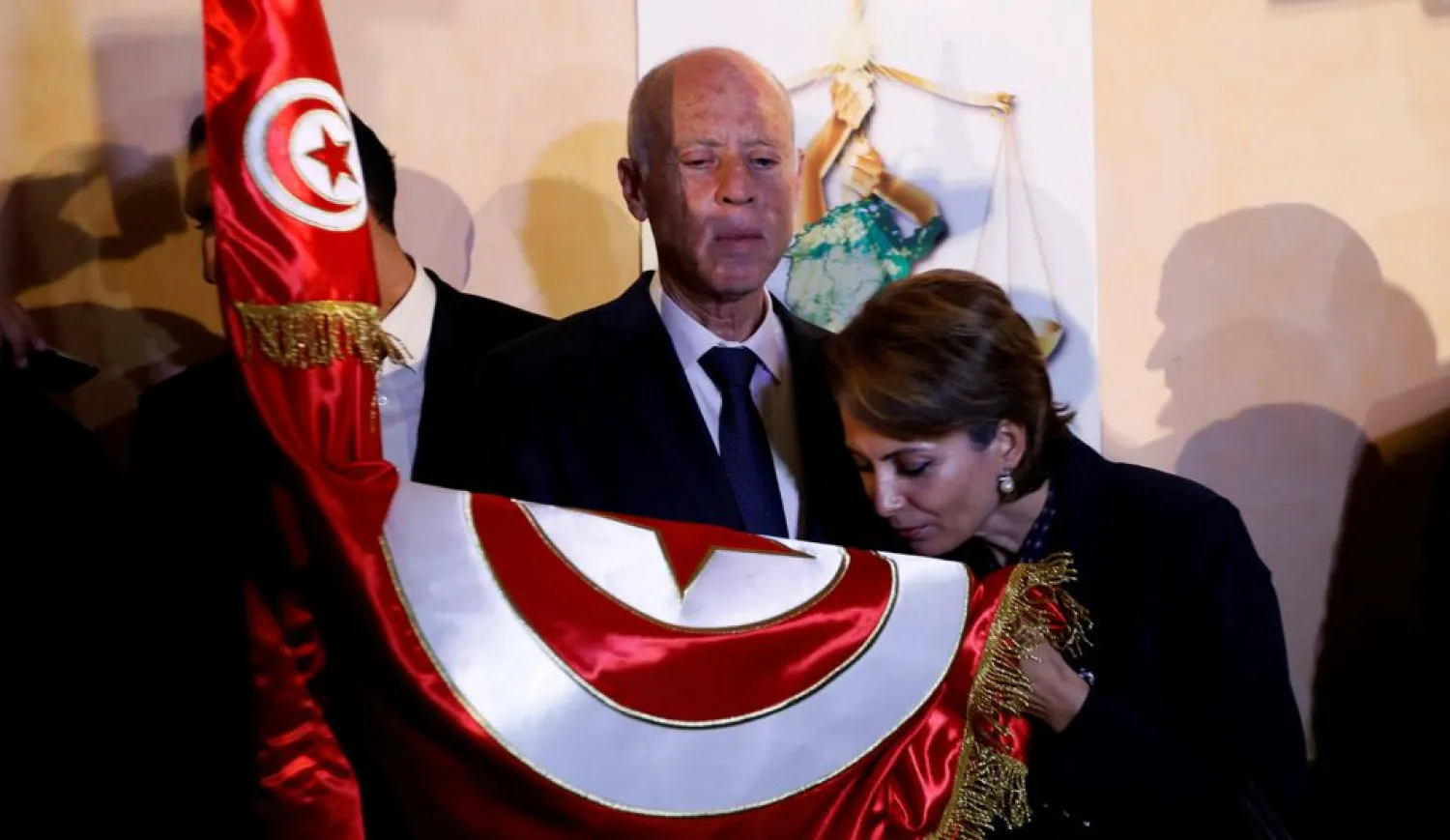A decision by President Kais Saied on Friday to extend Tunisia's state of emergency until Dec. 31 of this year, has triggered legal and political controversy in the North African country.
It is the first time in years that the extension is extended for ten consecutive months.
The state of emergency, which would end on Feb. 20, was extended and declared in a presidential decree published in the Official Gazette.
The decision also comes after the multiple criticisms launched against President Saied concerning human rights and freedoms issues.
The President came under harsh criticisms after violent confrontations between the police and protesters on January 14, in addition to prosecutions against bloggers and activists on social networks.
The state of emergency was first declared on November 24, 2015, following the terrorist attack that targeted a presidential security bus, killing 12 people and injuring 16. It has been renewed without interruption since then.
Saied’s decision is also critical as the state of emergency extends throughout various electoral dates he announced on December 13.
A popular referendum on political reforms is scheduled on July 25 while parliamentary elections are set to take place on December 17.
Under the decision, the Interior Ministry is granted emergency powers to stop meetings and gatherings, impose curfews, and clamp down on media organizations.
In a related development, the Tunisian Human Rights League condemned the police attacks for targeting the League’s activists in an attempt to “discourage them from expressing their opinions and exercising their constitutional right to protest and demonstrate.”
Jamal Musallem, official spokesman for the Tunisian Human Rights League, said a Tunisian court sentenced human rights activist Hamza Nasri to three months in prison after his participation in a peaceful march dating back to January 2021.
He also criticized the involvement of the security and judicial authorities in major political cases, and the restriction enforced on the League’s activists and their trials.
Meanwhile, a member of Tunisia's suspended parliament, Yassin Ayari, told Reuters that a military court on Friday sentenced him in absentia to 10 months in prison on charges of insulting the president and the army after he described the president's move to freeze parliament as a military coup.
"It's ridiculous. … Yesterday Saied said in Brussels that he is not a dictator and today a military court issues a prison sentence against freedom of expression to a lawmaker," Ayari told Reuters by phone from Paris.









